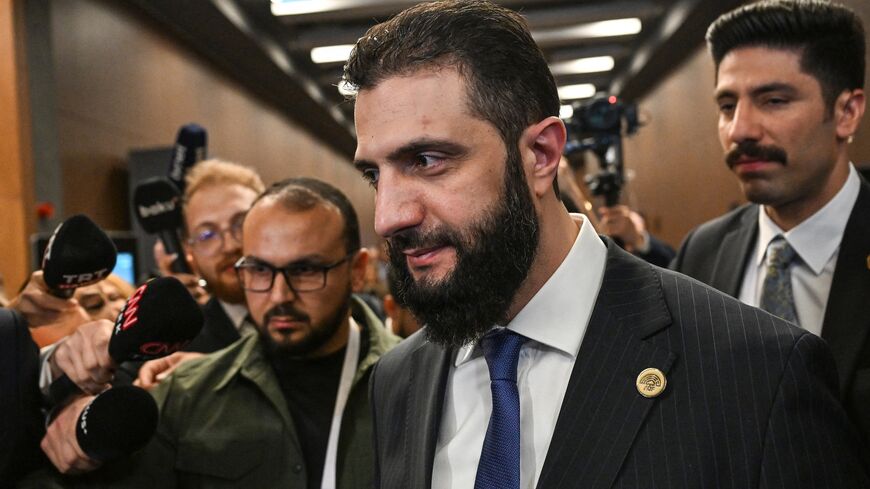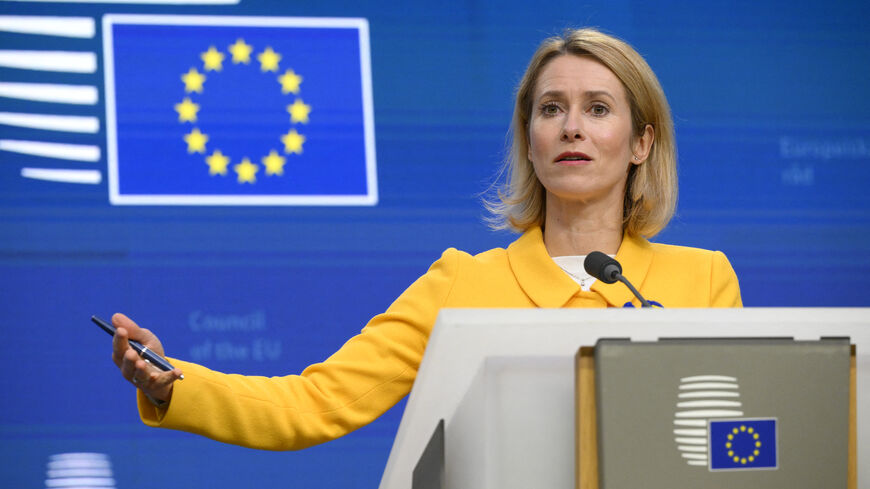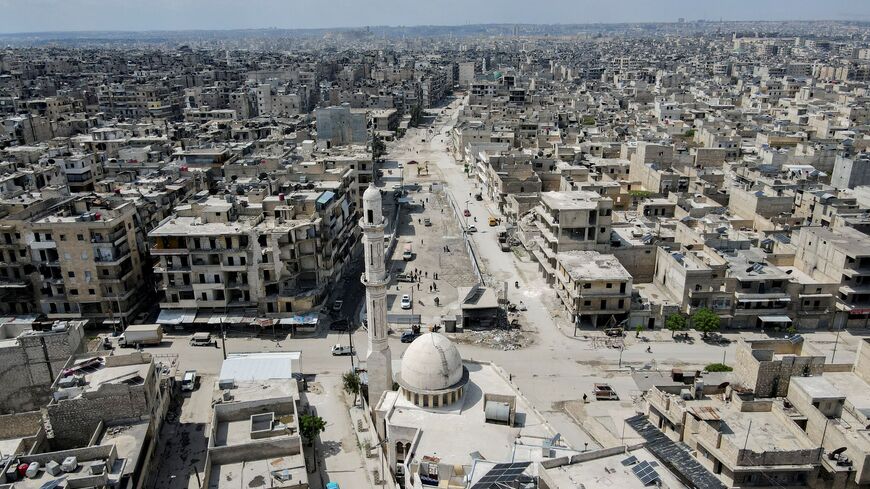UK removes 24 Syrian entities from sanctions list, including central bank
The latest decision comes after the European Union lifted several sanctions across banking and energy on Syria on Feb. 24.

The United Kingdom on Thursday removed 24 Syrian entities from its sanctions list and unfroze their assets, including the Central Bank of Syria, other lenders and petroleum companies. The move comes as the West continues to ease its financial restrictions on Syria following a change in leadership.
Insurgent forces led by the Islamist Hayat Tahrir al-Sham militant group ousted President Bashar al-Assad on Dec. 8. The Assad dynasty's iron-fisted rule over Syria lasted for more than five decades and ended with Assad and his family fleeing to Moscow.
A notice on the British government’s website said the entities removed from the sanctions include the central bank, the Commercial Bank of Syria and the Agricultural Co-operative Bank, and were no longer subject to an asset freeze.
The Syrian Petroleum Company, Syria Trading Oil Company and Overseas Petroleum Trading were also taken off the list, as were Al Furat Petroleum Company, Zeir Ez-Zur Petroleum Company, Dijla Petroleum Company, Elba Petroleum Company and General Petroleum Corporation.
Syrian Arab Airlines and the General Organization of Tobacco were also removed from the sanctions list.
In a statement, a spokesperson for the UK Foreign Commonwealth and Development Office said that the 24 entities were previously used by the Assad regime to fund the oppression of the Syrian people.
“At the same time, sanctions on members of the Assad regime and those involved in the illicit trade in captagon remain in place," the spokesperson added.
“This approach underscores our commitment to help the people of Syria rebuild their country and economy, including through support for a Syrian-led and Syrian-owned political transition process. We will continue to judge Syria’s interim authorities by their actions, not their words.”
On Feb. 24, the European Union suspended several sanctions on Syria across banking and energy sectors. Among them were Industrial Bank, Popular Credit Bank, Saving Bank, Agricultural Cooperative Bank and Syrian Arab Airlines, which were previously subject to asset freezes.
The new interim government, led by HTS leader Ahmed al-Sharaa, has promised to respect human rights and rebuild the country. To convince the international community to lift sanctions that have been in place since Syria's civil war erupted in 2011, the new administration has been engaging with foreign leaders to rebuild ties and attract international investment.
On Feb. 13, Syria's Foreign Minister Asaad Hassan al-Shibani led a delegation to Paris to meet EU leaders, the interim government's first trip to Europe since Assad’s ouster. In early January, Syria's top diplomat, along with the country's defense minister and head of the intelligence service, visited Saudi Arabia to strengthen bilateral relations with the Gulf state.
This developing story has been updated.



